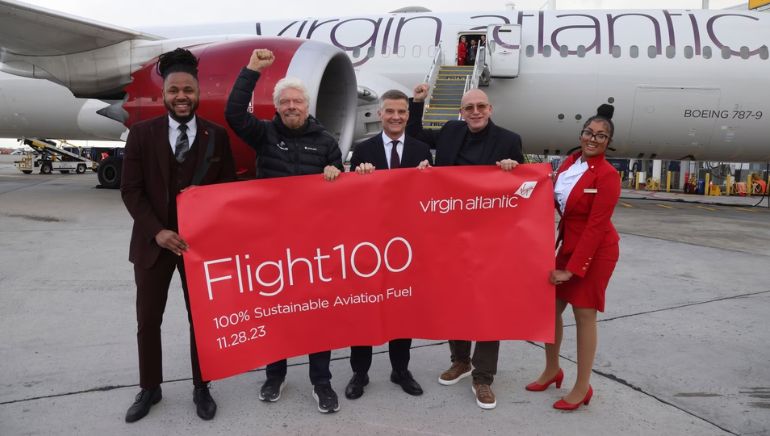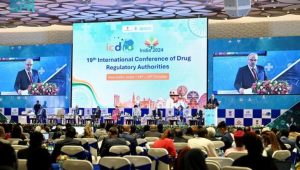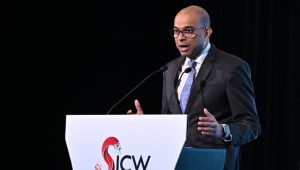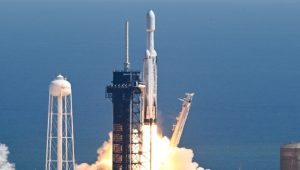One of Virgin Atlantic’s Boeing 787s took off for the world’s first 100% Sustainable Aviation Fuel (SAF) flight from London’s Heathrow to New York’s John F. Kennedy (JFK) International Airport. This milestone comes as a pivotal moment in the airline’s commitment to environmental sustainability.
The fuel used to power the flight is mostly made from used cooking oil and waste animal fat mixed with a small amount of synthetic aromatic kerosene made from waste corn, Virgin Atlantic said. UK’s Transport Secretary travelled on the flight alongside Virgin Atlantic’s Chief Executive Shai Weiss and Virgin’s founder, Sir Richard Branson, making the carrier the first commercial airline to fly across the Atlantic without the use of any fossil-based jet fuel.
SAF is recognized as a key element in the aviation industry’s efforts to curb carbon emissions. However, the cost of SAF production stands at three to five times that of regular jet fuel, presenting a financial challenge for widespread adoption within the aviation sector.
Current regulations prohibit airlines from using a blend of more than 50% SAF on commercial flights, as engine manufacturers and aviation authorities work together to ensure that these new fuels are safe to use in higher concentrations. To execute the flight, a special permit was issued by the UK Civil Aviation Authority, which came after a series of technical reviews including ground tests with 100% SAF on the same type of engines used during the flight.
The industry hopes that the Virgin flight will highlight to governments the need for them to provide financial support to make SAF more readily available.















